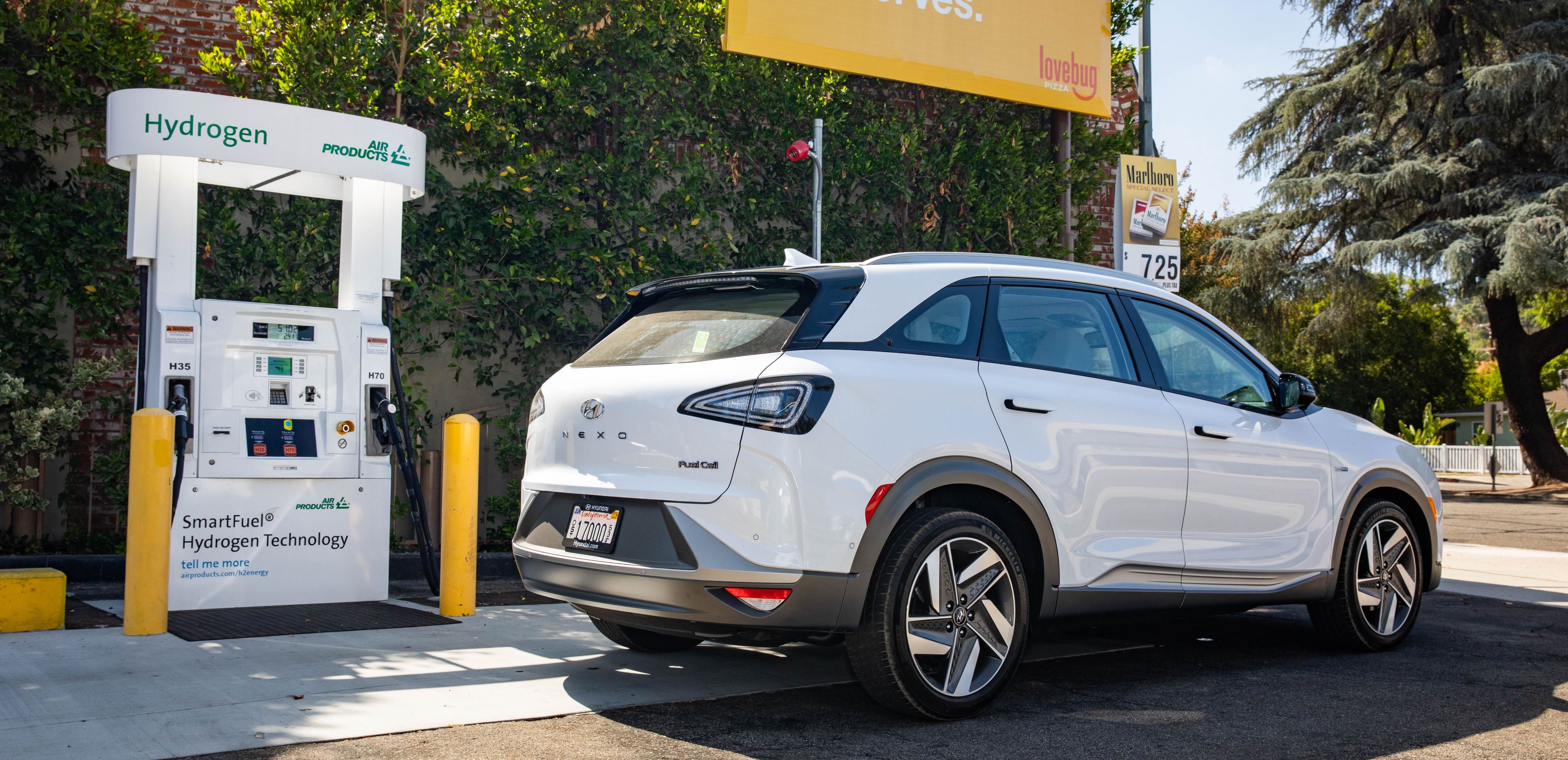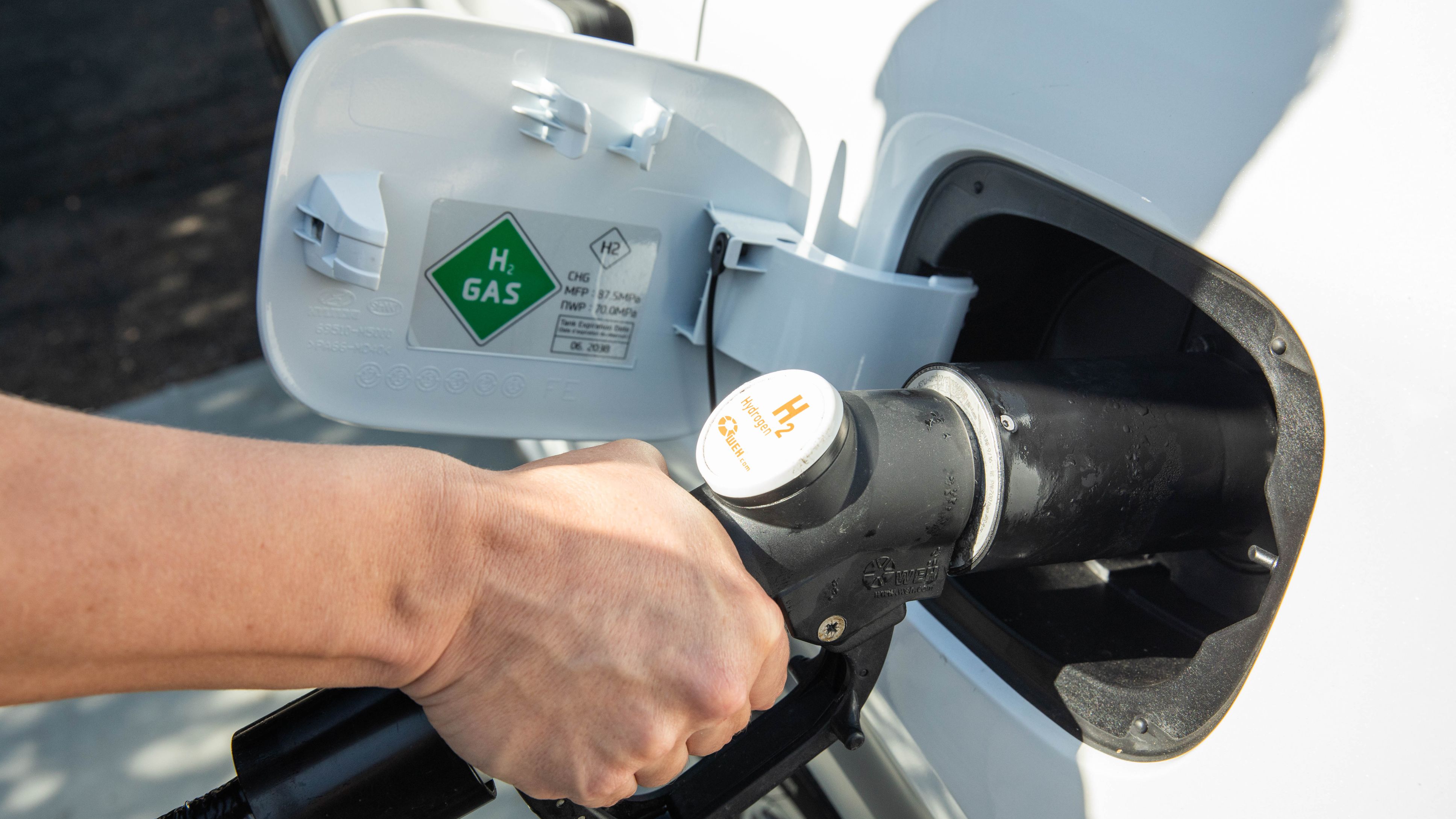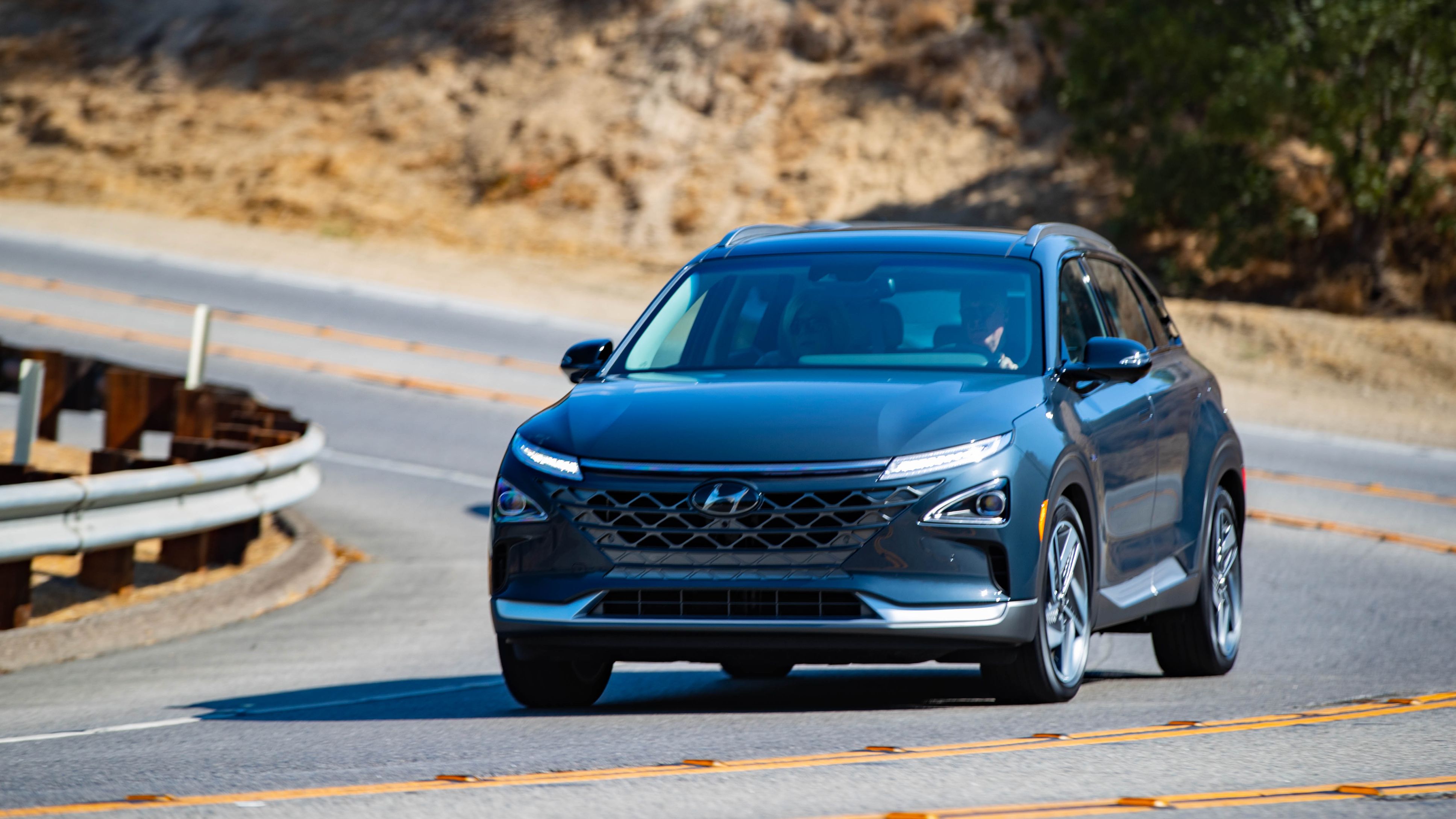Hyundai testing feasibility of fuel cell vehicles in India
In an effort to bring clean mobility to India, the company is experimenting with fuel cell technologies

Hyundai launched the Kona earlier this year, the first electric SUV in our market with a usable range to suffice most commutes and short trips. It is one of the only ‘clean’ alternatives to an ICE car in India. The reason I wrote ‘clean’ and not clean is that while electric cars may not be making any emissions on their own, the source of the electricity may be. Electricity is, more often than not, made in coal power plants that pollute the environment. Moreover, battery production involves extracting rare metals that can cause not just pollution but a disruption in the ecosystem.
What’s the answer?

Well, one answer would be to make the sources of electric car parts clean, including the source of the electricity itself. The other, is hydrogen fuel-cell technology. Hydrogen fuel-cells work by converting hydrogen, the most abundant element in the universe, into electricity via a chemical reaction. The biggest advantage of fuel-cells over standard electric cars is that they do not need to be recharged, and so you're not waiting for your car at a charging station. The fuel-cell works as long as there is fuel in it, so the process of refilling is similar to that of filling fuel in an ICE car, no waiting around at charging stations. Another advantage is that they are very energy efficient and the only by products are electricity, heat and water. In addition to this, FCEVs have smaller batteries, so once they run through their life, there is less of them that needs to be disposed.
Hydrogen can be produced through environmentally clean sources like wind or solar-powered electrolysis. Millions of tonnes of hydrogen are already produced every year with its current use being for fertilisers and chemicals. In terms of infrastructure, we will need to have hydrogen fuel stations to fill up the cars which will be a factor determining the usability of the car for long trips.
What does all this mean?
In simple terms, you can have a fuel-cell vehicle that has the range of an electric vehicle, no harmful emissions and takes roughly around five minutes to refuel. All the advantages of an electric car and none of the disadvantages.

Hyundai is conducting a feasibility study on FCEVs in India. The company already sells the Nexo, a fuel-cell powered electric vehicle internationally. It is the world’s first hydrogen fuel-cell SUV. It makes 160bhp and 395Nm from its motor with a respectable top-speed of 179kmph. If it does find hydrogen to be a viable fuel for the Indian market, could we see the Nexo on our roads soon?


